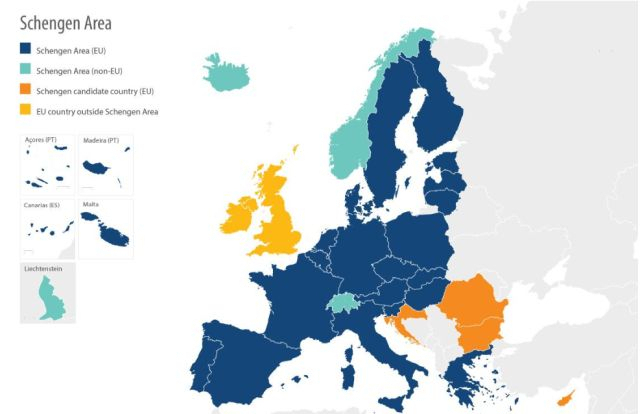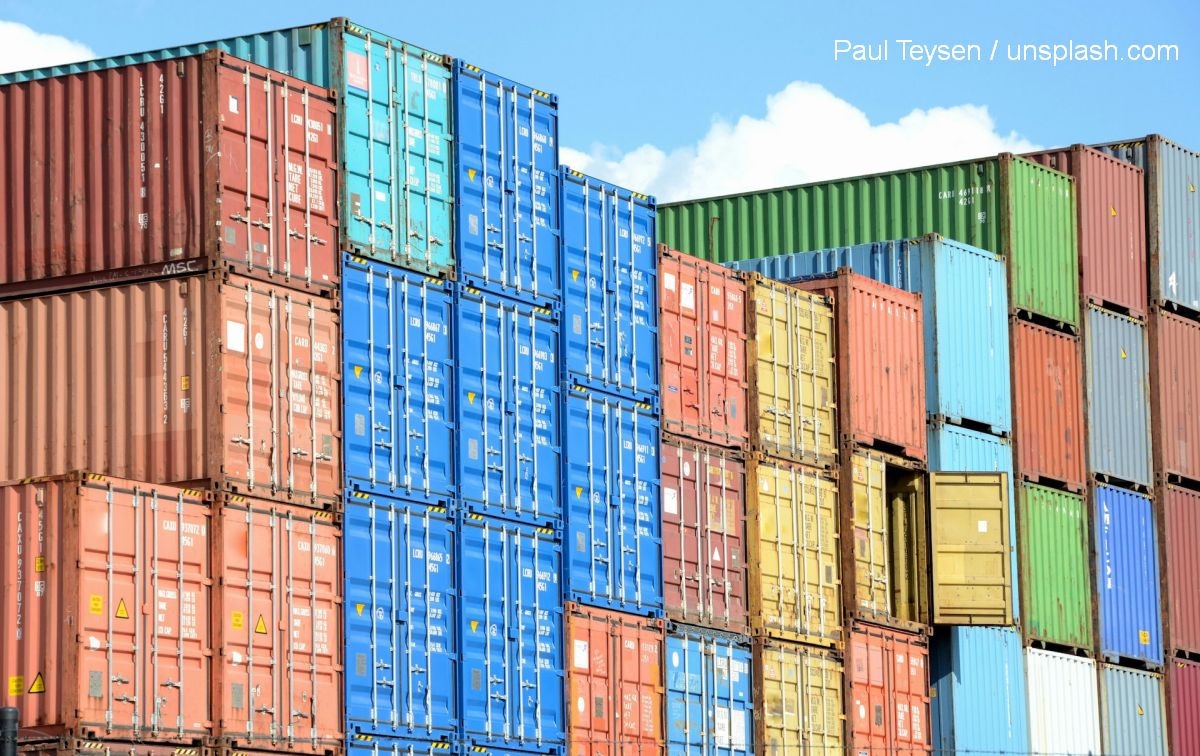Schengen, cold shower from the Netherlands
The Parliament of the Netherlands asks the government in The Hague not to hurry in relation to the Schengen accession of Romania and Bulgaria.
Warning: Trying to access array offset on null in /home/web/rri.ro/public/wp-content/themes/rri/template-parts/content.php on line 53

Warning: Trying to access array offset on null in /home/web/rri.ro/public/wp-content/themes/rri/template-parts/content.php on line 98
Ştefan Stoica,
21.10.2022, 14:00
At present, there are five EU member countries that are not part of the Schengen area: Romania, Bulgaria, Croatia, Cyprus and Ireland. 15 years after joining the EU and 11 years since the envisaged entry into the free movement area, Romania was waiting for the green light for Schengen in December. Optimism was growing, especially since countries such as Germany and France had overcome their initial reservations and stated their support for this move. However, unanimity is needed on the vote, and the chances for unanimity to be reached decreased after Thursday’s vote in the Parliament of the Netherlands.
The Parliament in the Hague adopted a resolution asking the Government to be cautious in relation to the accession of Romania and Bulgaria to the Schengen Area. The document asks the executive led by Mark Rutte not to take any irreversible steps regarding the expansion, until they undertake further investigations regarding the surveillance of the borders by the two countries.
Prior to the vote, Prime Minister Rutte had stated, in Parliament, that, theoretically, there were no objections to the accession of Romania and Bulgaria to the Schengen Area, but that an update of the monitoring within the CVM, the EU Cooperation and Verification Mechanism of the judiciary would be necessary, as well as a broadening of the evaluation mission on Schengen. The two countries can join the free movement area when they are ready, Rutte said. Broadly speaking, this was the message he sent during his recent visit to Romania, which the journalists, and not only them, saw as a redeeming visit which was meant to put an end to the Netherlands long opposition to Romania’s acceptance into Schengen. It was not meant to be, and not even the recent vote in the European Parliament, favorable with a large majority to the entry of Romania and Bulgaria into Schengen, was likely to remove the reticence of the authorities in The Hague.
Some of the Dutch MEPs abstained from the vote or voted against, but their number was lower than those who voted for. In the Romanian Parliament, however, things are more complicated, and the dependence of the fragile cabinet led by Rutte on Eurosceptic, anti-migrant parties forces it to be cautious. The Romanian officials say that, from a technical point of view, Romania has long been eligible to enter Schengen. Moreover, the way it managed the crisis of Ukrainian refugees caused by the Russian invasion should have proved that Romania behaves as a de facto member of the free movement area.
The Prime Minister Nicolae Ciucă believes that, as regards the rule of law and the judiciary, the government and the coalition supporting it have done their homework, in direct coordination with the European Commission, primarily through the adoption of the Justice Laws. And in relation to organized crime, the states competent institutions are well consolidated and doing their job, the prime minister says. Everyone recognizes that the only obstacle that still needs to be overcome on the way to Schengen is of political nature. And for that you need credibility, diplomatic effort and power of persuasion. Not everything is lost, but the time is running short. (LS)






























